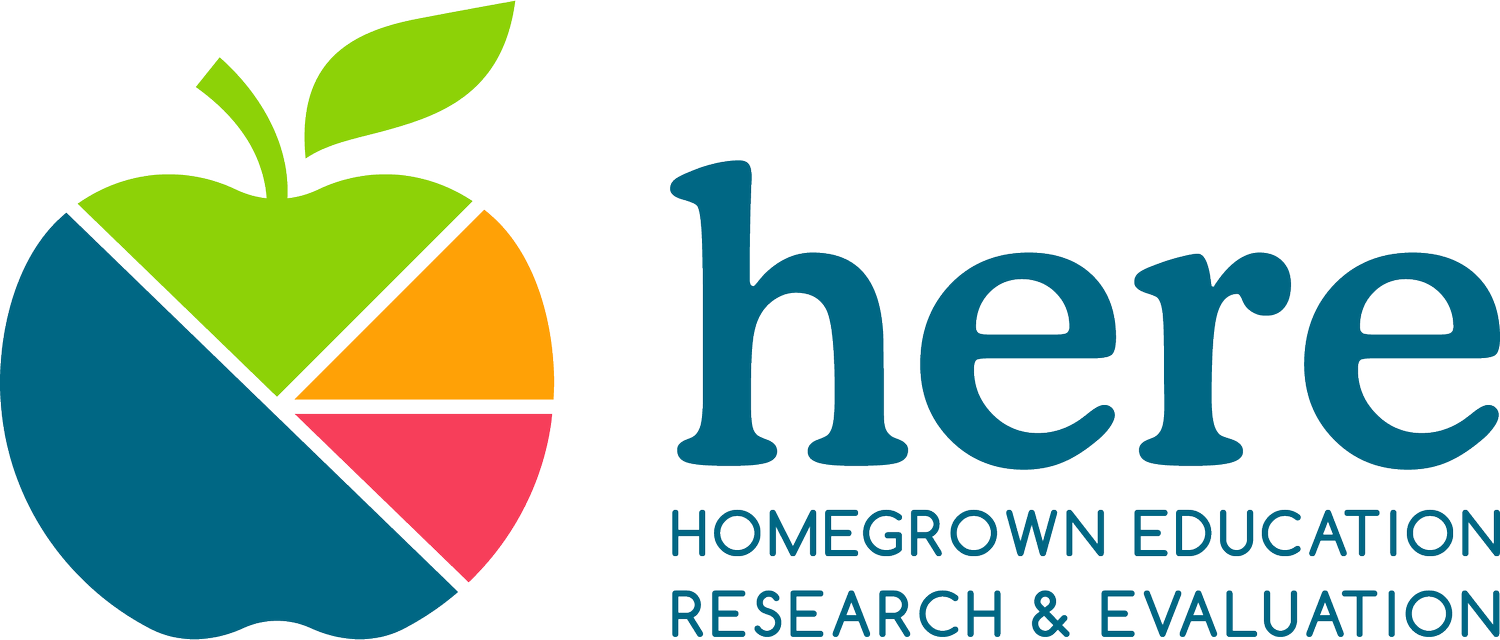
The Bookshelf – Homegrown Education Research & Evaluation
Educator-Recommended Reads for Data-Informed Practice
The Bookshelf is a curated collection of educator-recommended books focused on data use, research, and practical decision-making in schools.
Each selection is handpicked with classroom educators and school leaders in mind—books that are approachable and ready to support your practice.
Visual Guide to Data-Inspired Books
About This Visual
This visual was developed in collaboration with Bryony Miles, whose design expertise brought clarity and practicality to the final product. It was inspired by the creative work of Evelina Parrou, especially her approach to data storytelling in The Plot. We hope this visual not only informs but also inspires educators to bring data into their practice in meaningful, grounded ways.
FEATURED BOOK
The K–12 Educator’s Data Guidebook
Author: Ryan A. Estrellado
Why We Chose It
This book is written by educators, for educators. It offers clear, thoughtful strategies for using data in meaningful and human-centered ways, with real-world examples from schools.
What You'll Find Inside:
Guidance on building school-based data teams
Support for addressing data overwhelm
Practical insights into everyday data use
Encouragement to start from where you are




